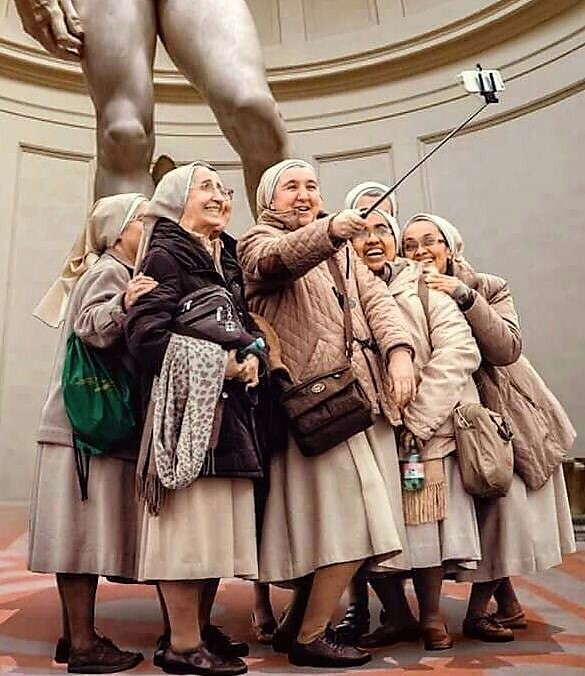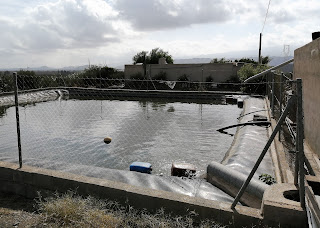Thinking of buying a new car? Probably not. For one thing, as you may have read, it will spend most of its life parked. Not being used.
Then there’s the garage or parking space to pay off. Maybe we should stick to running a bicycle, which one can always leave in the kitchen, or the spare bedroom.
The average number of people in a car, when it is moving about, is just 1.6 persons, which, when you think about it, is a lot less economic than a tandem.
Expensive things, cars. They cost a fortune new, are heavily taxed, and then there’s the depreciation – starting from the moment the new owner drives one off the forecourt.
Even at the end of its life, many years later (or when the ITV people have thrown up their hands), it’s still a bother. All those brand new bits, for some reason known as ‘spares’, inside the Old Girl from various repairs, are evidently now worthless. The desguace people gave me fifty euros to sign off my old banger yesterday as being en baja. Fifty euros? That was the price I paid for the novelty screw-on gear-knob I bought last year in Benidorm.
Maybe we should share transport in some fashion, several of us having keys to the same utility vehicle, plus a little lockable drawer inside for personal CDs. Or simply take the bus.
If there is one.
The buses in the countryside, or the small villages, are few and far between – and the ones that go to the house of George and Eunice across the valley for evening drinks are even less so. An electric scooter might be the answer, but after a couple of gin and tonics, and speaking for myself, I’d likely lose my balance and fall off. It looks like I might have to take the local taxi and chat with Antonio about politics.
The vehicle inspection, the painful ITV, is slightly on hiatus these days (45% of cars that should have had their latest inspection, er, haven’t – we’ll put it down to the Covid, shall we?). It’s the case that the parque automovilístico – the cars on the road in Spain (or parked somewhere near it) are getting older. The average privately-owned vehicle is now over thirteen years old. 
Unsurprisingly, the sale of new cars has fallen sharply (by 40% it says here) – since we drive around even less these days, what with the pandemic sprawled in the back seat picking its teeth. Added to that, the taxes have risen steeply on buying a new car.
Sales in second-hand cars are also down by over 16%.
We should be moving towards electric cars, but who will want to buy your old sparkycar with 200 kilometres of autonomy five years from now, when the new ones will be much lighter and offering 20,000ks between recharges? They’ll probably be programmed to do the driving by then anyway, as you sit in the back and munch on a sandwich.
There are those people who own two cars. Since they no doubt drive as much as someone with only one car, then their average vehicle-usage halves. And as we have seen, it wasn’t good to begin with. Maybe we should stick to art – at least it goes up in value unless the item in question is terrible, in which case – with luck – you can probably sell it for what you paid for it (or, failing that, give it to your mother-in-law for Christmas).
Then there’s the status of having a new car – which is a bit like having a gold tooth – there’s not much point unless you use it a lot.




